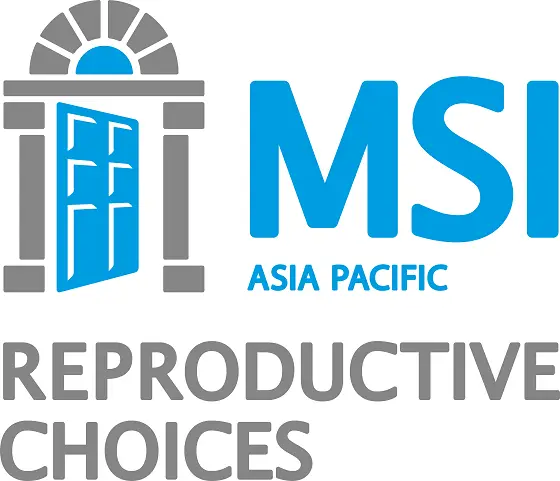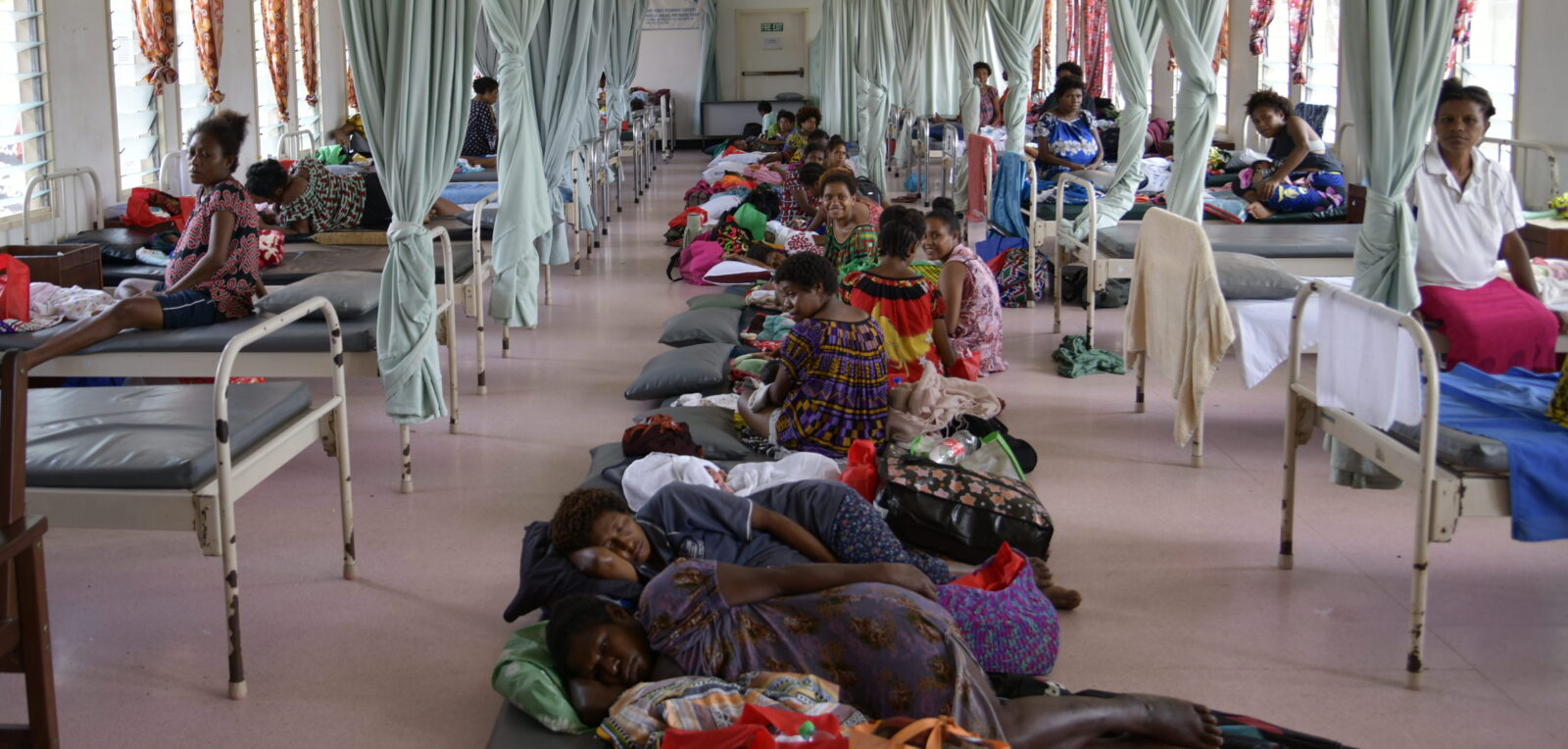What is sexual and reproductive health?
The term ‘sexual and reproductive health’ is used to refer to a healthy body, and the freedom, education and services needed to make decisions related to all matters of your sexual and reproductive life. This includes deciding when to have sex and knowing how to avoid pregnancy or sexually transmitted infections.
Your reproductive system is just like any other part of your body – your muscles, digestive system, or brain. And just like any other part of your body, keeping this system healthy is integral to overall health and well-being, and sexual and reproductive health services help you do this.
Why are sexual and reproductive health and rights so important? And how are they linked to gender equality?
At the heart of everyone’s human rights, freedom, and dignity is the ability to decide what happens to your body. This means deciding if or when you have sex, and under what conditions; making informed choices about contraceptive options and reproductive health care; and living free from the fear of violence.
Health is a human right – and that includes sexual and reproductive health. Sexual and reproductive health rights is everyone’s right to have pleasurable and safe sexual experiences, free of coercion, discrimination or health risks.
Autonomy in sexual and reproductive decision-making – including the ability to choose if or when you become pregnant – is at the centre of your ability to make other life decisions.
For example, if your sexual and reproductive health needs and rights are not met, your opportunities to obtain an education, participate in the workforce, and gain financial security are also undermined which further intrenches gender inequality.
Sexual and reproductive health and rights enable you to plan your family, and in many cases, this directly determines what other opportunities you can pursue and the entire course your life takes.
Women can face devastating health risks during pregnancy and birth, and in developing countries complications during pregnancy and childbirth are a leading cause of maternal death.
13% of maternal deaths worldwide are the direct result of complications from unsafe abortion, but most of these deaths are entirely preventable with access to contraception, safe abortion and quality post-abortion care.
By preventing maternal deaths and disability, sexual and reproductive health directly saves lives and improves health. However, the benefits of sexual and reproductive health extend far beyond this.
Reducing unintended pregnancies, particularly among teenagers, means they can finish their education and enter the workforce, making sexual and reproductive health and rights central to the achievement of gender equality and women’s empowerment.
The evidence shows a clear link between SRHR and education. Every year, millions of girls drop out of school or are excluded due to teenage pregnancy. Access to teen-friendly SRHR helps girls to stay in school, complete their education, and pursue a career.
Each additional year of education can increase a woman’s earnings by up to 20% which would contribute to closing the gender pay gap and could boost global GDP by $28 trillion by 2025. Women who use contraception can have up to 40% more family income than those who do not. This in turn contributes to household and community income, and greater investment in education.
That’s why MSI is working tirelessly around the world to provide everyone with access to SRHR – so they can make informed decisions about their bodies, their families, and their communities and we can all work towards a world where gender inequality is no more!

